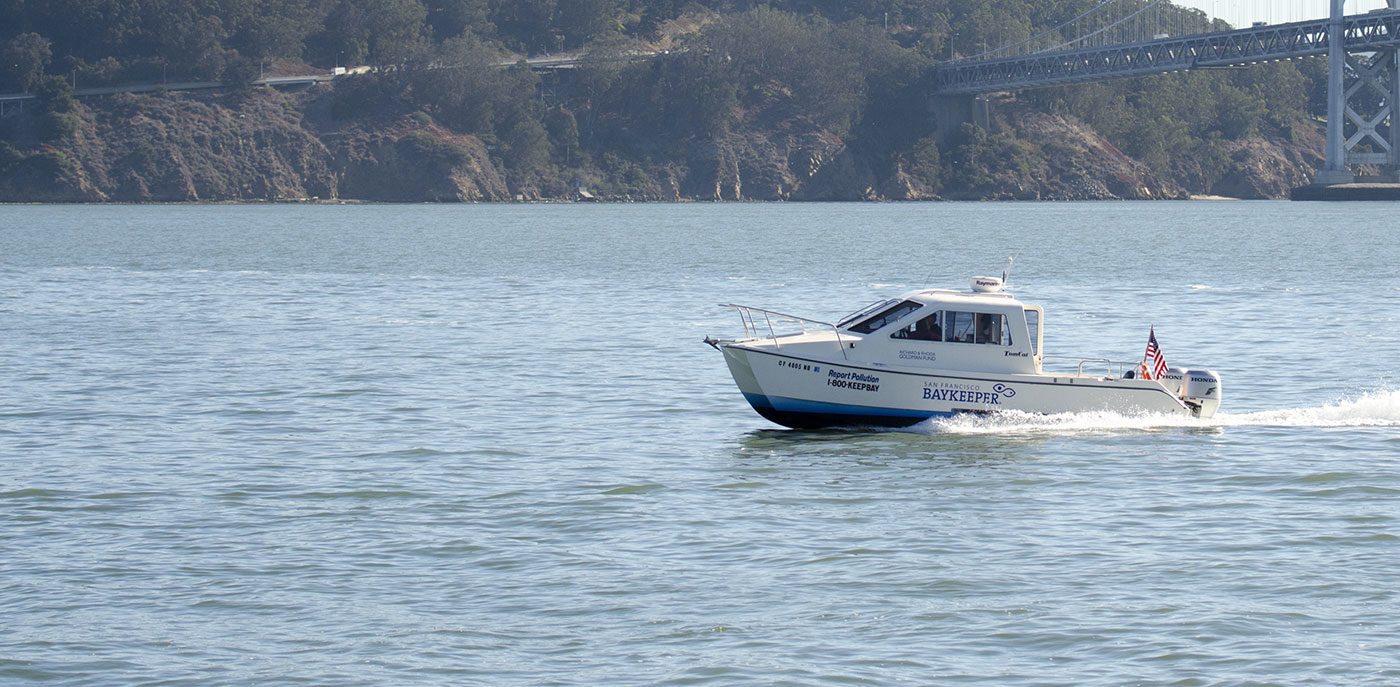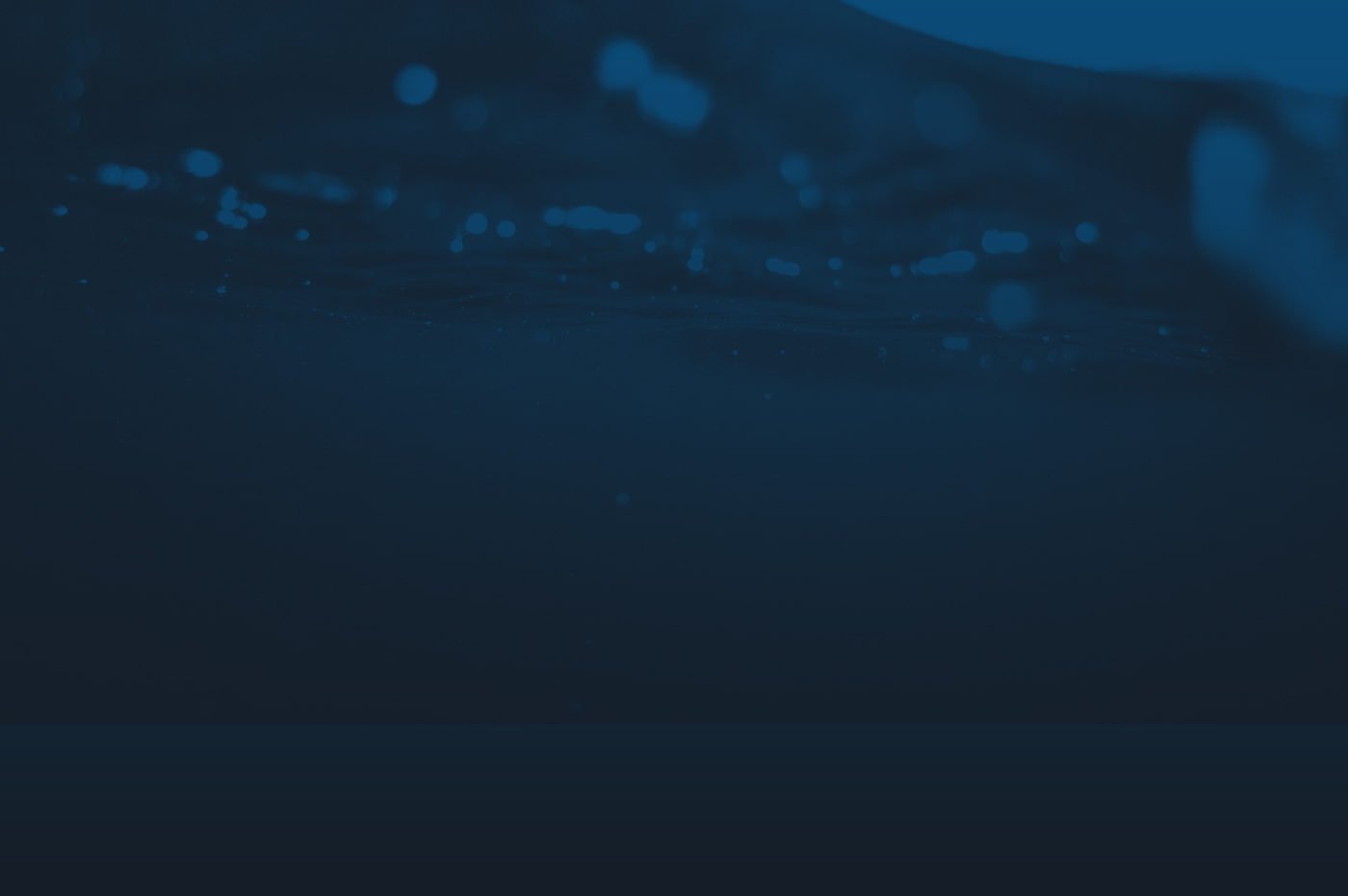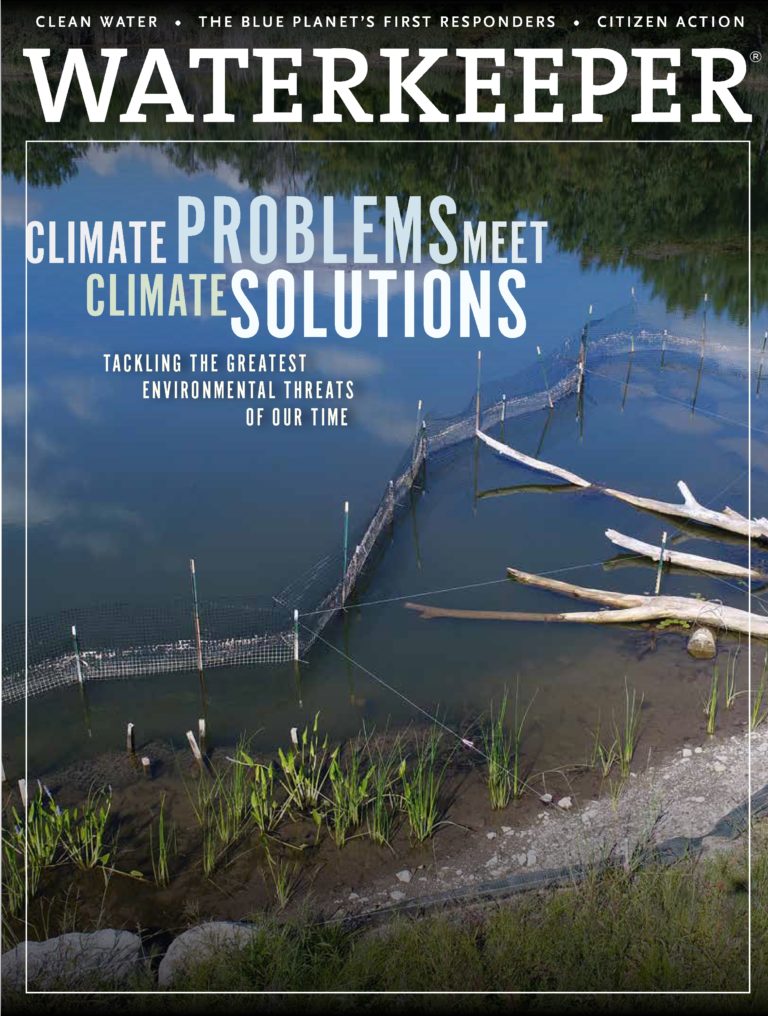
Project Osiris
Project Osiris is a bold expansion of Waterkeeper Alliance's successful model of organizing local communities to protect their watersheds.

A Waterkeeper protecting every community’s right to clean water.
Waterkeeper Alliance is currently embarking on a bold expansion of its successful model of local communities organizing to protect and preserve their watersheds. We’re calling it Project Osiris, based on the Egyptian god of resurrection and regeneration who periodically flooded the river to provide fertile cropland along the Nile Valley. From the first Waterkeeper in New York, Hudson Riverkeeper, we’ve developed organically to become the largest global nonprofit solely focused on clean water.
Given the magnitude of the global water crisis, we need to rapidly scale our model to tackle the most urgent water issues of our time.

Working together to fight water pollution is critical.
Project Osiris focuses on dynamic new programs to enhance the work of our existing Waterkeeper organizations and targets strategic growth of our model to the 15 most iconic and endangered global waterways, including the Amazon, Mekong, Nile, and the U.S. Great Lakes, followed by global coverage of all habitable watersheds.
Waterkeepers working together to fight water pollution is critical. They tackle issues both in the water and on the land and are making an impact. Waterkeeper Alliance is an elite squad of enforcers that take action and achieve results. Our team is made up of warriors that sacrifice themselves day after day to get in the water, on the ground, and in the air to find and stop polluters at all cost.
The Waterkeeper Alliance model of legally and scientifically based citizen action and enforcement has proven effective and self-sustaining in numerous communities around the world. Local Waterkeepers follow a standard method of operation and are linked to Waterkeeper Alliance and a global network of Waterkeepers. In places where there are laws and regulations against pollution, Waterkeepers ensure that the laws are strengthened and enforced. In countries where there are no working regulatory or legal constraints, the Waterkeeper creates a powerful community movement for clean water. In this way, trained, local Waterkeepers are the fastest way to get around one of the biggest impediments to addressing the global water problem – a lack of laws and regulations. Because they are not outsiders, Waterkeepers have deep credibility with a personal stake in the water they protect. They leverage their local knowledge and influence to organize their community and protect their local waterways. Their work is self-sustaining, and often they become local heroes.
Project Osiris builds on the successful Waterkeeper model that has been tested in over 40 countries across a wide range of challenges and experiences. Every place there is a Waterkeeper, there is a dedicated, effective local effort fighting for clean water. These local actions leverage power and resources from Waterkeeper Alliance’s global network. This work is scalable, and with the right support and resources, can address the most endangered habitable watersheds around the globe.
Examples of Waterkeepers in action:
- A Waterkeeper in Senegal led the fight against pollution that has long impoverished fishermen, sickened villagers, and fouled beaches. The Waterkeeper convinced the Government of Senegal, the French Development Agency, and the European Investment Bank to commit $68 million to clean up Hann Bay and helped suspend construction of a coal-fired power plant.
- Waterkeepers in North Carolina helped achieve a $102 million fine against Duke Energy and a $3 billion cleanup of its coal ash sites.
- Waterkeepers in China developed a protocol for resolving water problems outside the courts to improve water quality more quickly.
- Maule Itata Coastkeeper in Chile helped stop the construction of the Los Robles coal-fired power plant.
- Los Angeles Waterkeeper settled a $2 billion lawsuit against the City of Los Angeles after years of sewage spills polluted the Santa Monica Bay. The City was required to replace 488 miles of sewer lines, clean 2800 miles of sewers annually, and pay $8.5 million to projects dedicated to improving water quality in Los Angeles.

Protecting the Amazon Basin and Rainforest
Through Project Osiris, Waterkeeper Alliance has prioritized the Amazon Basin as one of the world’s most iconic and endangered water bodies in critical need of protection. With an initial focus in Peru, Brazil, and Ecuador, we will recruit local and Indigenous-led groups to amplify their voices—and Indigenous knowledge—for the protection of the Amazon Basin and Rainforest.
Waterkeeper Magazine
Reporting from the front lines of the planetary environmental crisis. These are the stories you won’t find anywhere else covered in such depth and uncompromising force.
